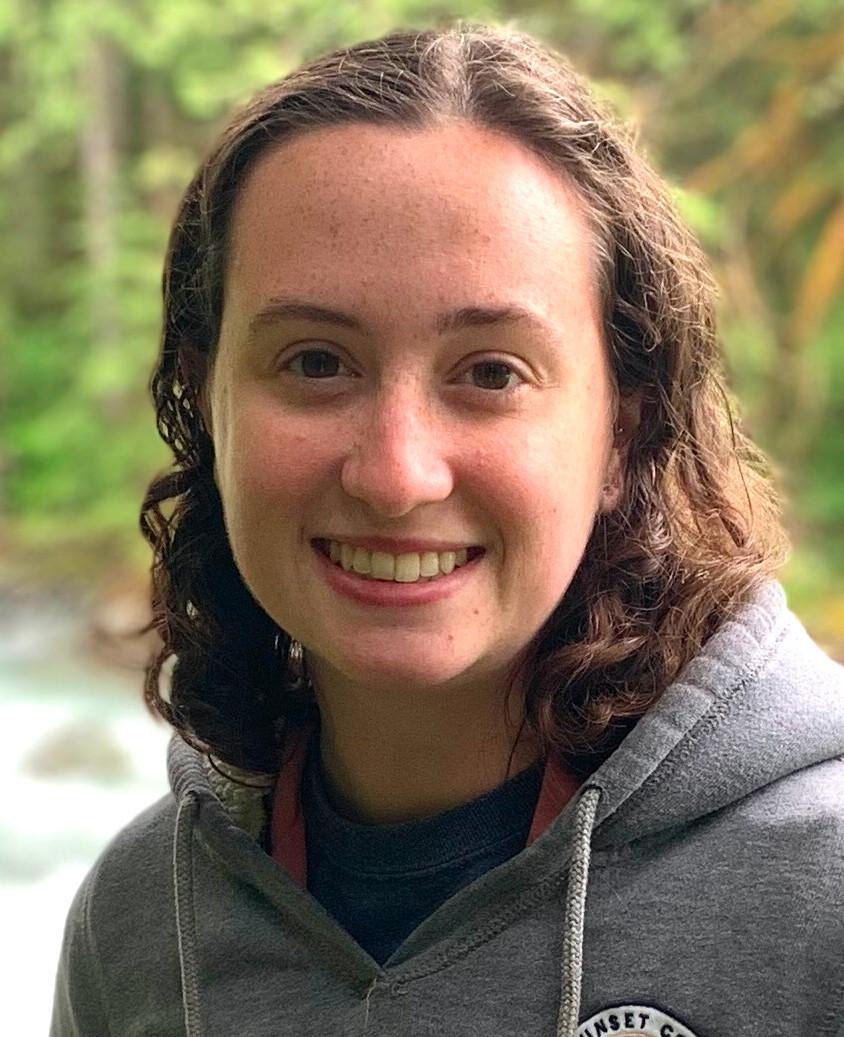Preschool-Age Children’S Use Of Spatial Thinking When Making Sense Of Astronomical Phenomena
TalkStudent interest in astronomy and other subjects: research and practical experience
4th Shaw-IAU Workshop
Tuesday Nov. 15, 2022
UTC: 4:50 p.m. - 5 p.m. America/New_York: 11:50 a.m.- noon
Thursday Nov. 17, 2022
UTC: 10:20 a.m. - 10:30 a.m. America/New_York: 5:20 a.m.- 5:30 a.m.
Engaging children in spatial thinking predicts future success and participation in science. This study investigates how early childhood astronomy programs engage preschool-age children in spatial thinking. We use a qualitative framework to analyze observable behaviors, called spatial sensemaking practices, and infer the children’s cognitive processes, called spatial skills. Results suggest children most often engage with Extrinsic-Static spatial skills, which involves comparing the properties of static objects. Also, all of the identified spatial sensemaking practices helped facilitate multiple spatial skills, suggesting behaviors can engage children in various cognitive processes. Finally, each program facilitated spatial skills in only one to two of the 4 broad spatial skill categories.
About Hannah Lewis
Hannah Lewis is an undergraduate (class of 2023) at Wesleyan University in Middletown, Connecticut. She is currently applying to graduate programs, and her research interests include student motivation in astronomy and curriculum design for astronomy education.
Watch a recording of this talk (external link)





